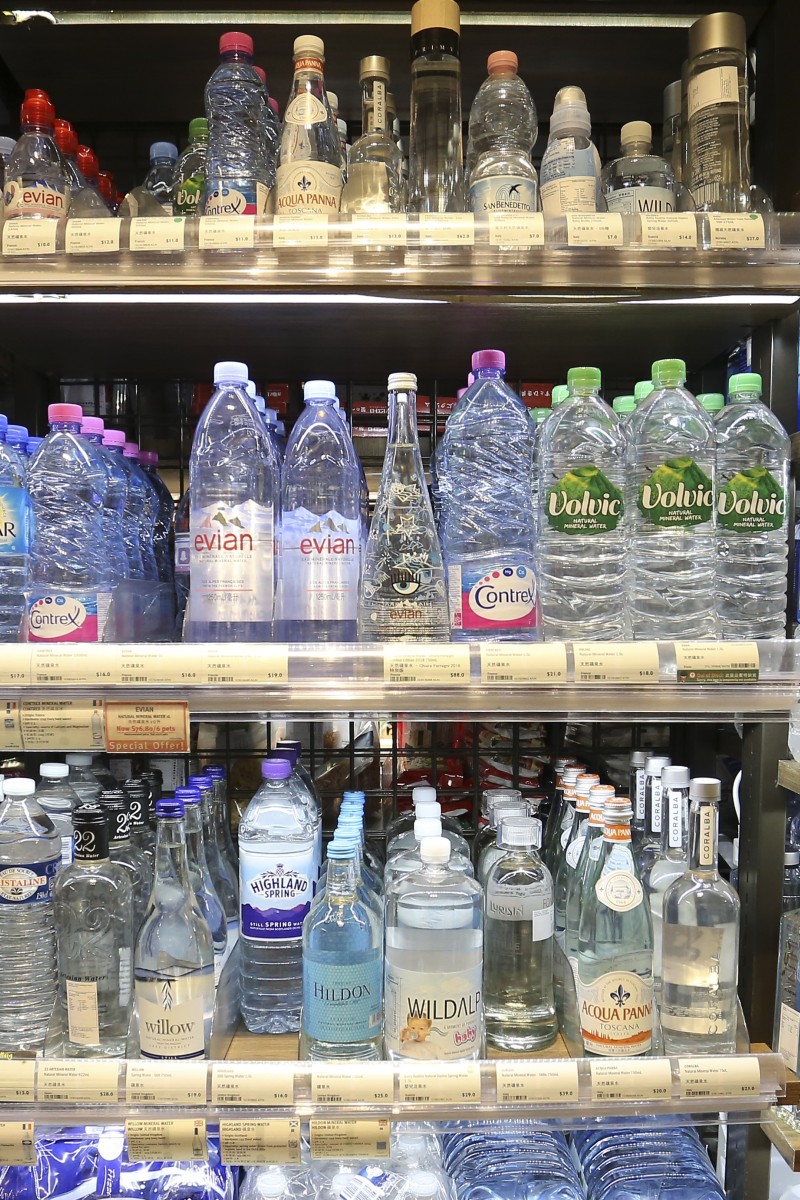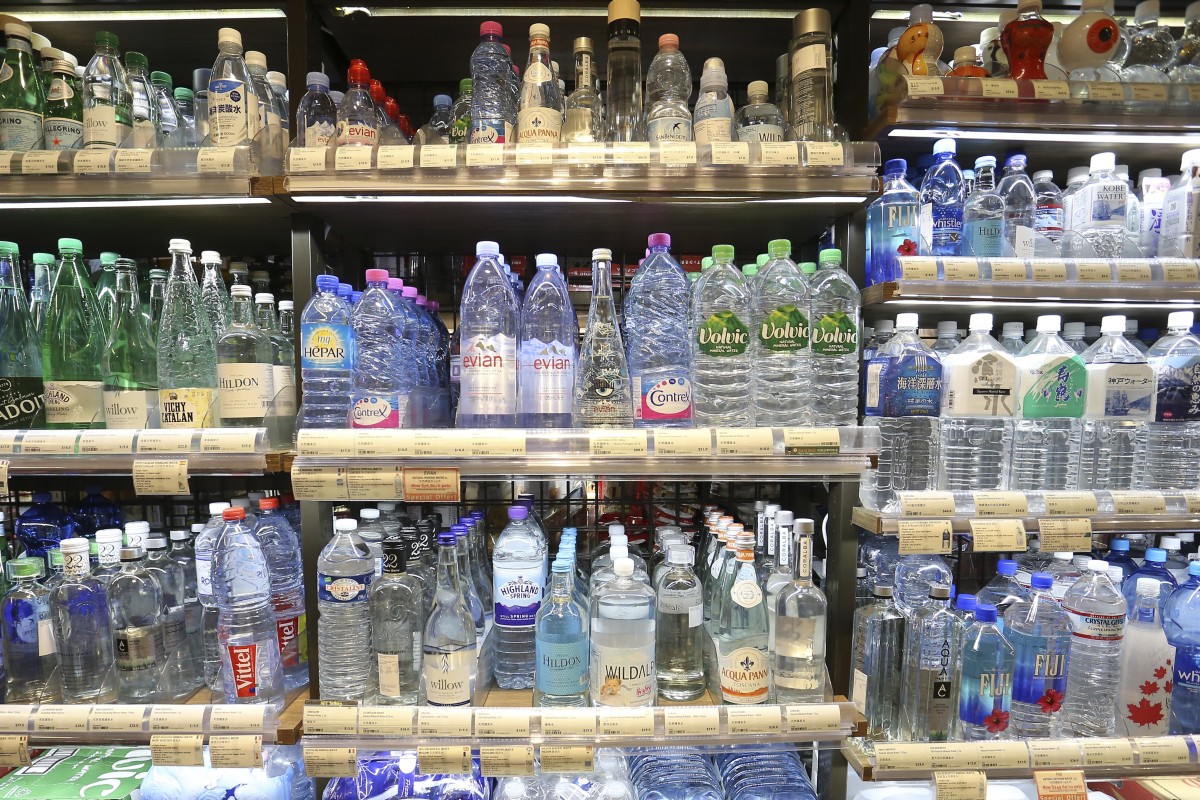
Concerns raised as thousands of tonnes of extra waste could end up in local landfills instead of being recycled
 Plastic that isn’t a bottle or a care product container should not be recycled, according to the new policy.
Plastic that isn’t a bottle or a care product container should not be recycled, according to the new policy.A recycling policy on plastic bottles in Hong Kong is a cause for concern in some citizens. The amended government policy on recycling, that targets drink bottles and plastic containers used in personal care products, has sparked worries that other plastics would be discarded and sent to local landfills instead of recycled, adding to the city’s waste.
The move, announced in a new campaign launched by the Environmental Protection Department (EPD), emphasised clean recycling and aligns with the mainland’s tightened recycling policy that starts next year.
Authorities across the border plan to stop transporting four categories of waste from Hong Kong to be processed for recycling. These include plastics from daily usage, and unsorted scrap paper.
Under the new policy, with the motto “Dump Less, Save More” Hong Kong residents are asked to change their recycling behaviour regarding waste paper and waste plastics. According to the EPD, only three types of paper – cardboard, newspaper and office paper – should be recycled. Glossy magazine covers that have been coated with a plastic layer should not be recycled.
For plastic waste, the public should only put two types of plastics in recycling bins – drink containers and personal care products.
The department said that other waste plastics, with lower recycling value, should not be considered as it would compromise the processing of the whole batch.
“If we follow the previous practice of not recycling properly, these three types of waste paper and two types of plastic containers will have to be dumped [during processing] due to improper sorting,” Secretary for the Environment Wong Kam-sing said.
The department said the two targeted types of plastics account for about 10 per cent of plastic waste in local landfills, while the three paper types formed about 75 per cent of the city’s collected waste paper.
But Hahn Chu Hon-keung, from the environmental group The Green Earth, expressed concern that the new policy would result in a situation where most domestic plastic waste ends up in landfills instead of being recycled.
“These plastics only account for about 15 per cent of the recyclable plastic waste exported from Hong Kong … if we are only targeting them, there may be an extra 75,000 tonnes of waste dumped into landfills every year,” Chu said.
A World Wildlife Fund spokesperson said that the organisation fully supports the three R’s; reduce, reuse, recycle; but that they must first examine the actual scheme for feasibility.
The government has said that other types of waste plastics and paper could still be recycled if the amount was large enough. A department spokeswoman said it was exploring the possibility of using community green stations to collect other types of waste plastics.
Chung Shan-shan, a scholar specialising in waste management at Baptist University, warned that the new policy might result in adding hundreds of tonnes more waste daily to landfills.
“The recycling policy may be slightly clearer and more focused … but [any improvements from the plan would still hinge on] consumers’ self-discipline in cleaning the plastic bottles,” she said.